A girl who was injured during the Christmas day bomb explosion holds a bottle at St. Theresa's Catholic church in Madalla, just outside the capital Abuja December 31, 2011. Phot Credit: Reuters
Editorial, Nigerians Abroad Live
Although the global community welcomes the New Year with pomp and pageantry, this isn’t the case in Nigeria, where insecurity of lives and property, and a grim economic policy of fuel subsidies removal could make 2012 unusually difficult for the nation. The “die is cast” and the people are in for a long haul.
This is however is a “special country.” The people are used to many years of failed leadership and system. Nigerians have successfully developed thick skins needed to adapt to social-economic and political volatility.
Recently, the annual Global Barometer of Happiness for 2011 ranked Nigeria as the second happiest country in the world, just after the Fiji Island. The happiness index conducted by a Canadian firm, based its findings on how hopeful people are concerning their countries’ economic outlooks. The findings suggest that many Nigerians are very hopeful compare to Americans, Europeans and even the Chinese.
The fact remains that many Nigerians perception of their happiness do not reflect the realities in Africa’s most populous nation. How can a country that generated international headlines every month due to Boko Haram terror rage be satisfy with its inhuman “viral conditions?” For those familiar with Nigeria’s social-cultural order, such an illusion is uncommon. It’s called suffering and smiling; after all, where people are helpless and hopeless, they have nothing to worry about nor strive for.
Otherwise, how can one explain the killing spree enjoy by criminal gangs and political motivated sects (covered in religious and tribal veil) for a whole year without anyone taking responsibility. President Goodluck Jonathan once described Boko Haram ideological killings as a global phenomenon that the country must adapt to, the head of the country internal security, Hafiz Ringim, was awarded a national honour few weeks after his command headquarter was bombed and terrorized, and the national adviser on security, Rtd. Gen. Owoye Andrew Azazi believes that the Islamist terror group should be negotiated with through “back links” – meaning their sponsors.
In 2011, Boko Haram’s led wave of insecurity reached its peak with the bombing of the United Nations office and a security scare that forced the presidency to celebrate Nigeria’s independent day within the four-wall of the State House in Abuja.
What the nation witnessed last year was a failed national security system, in every sense of the word. For many Nigerians, the fear of Boko Haram is the beginning of enlightenment on everything that is wrong with the unity of Nigeria, the precarious economic welfare of the masses, and vulnerability of the country to legitimate external threat – so much for the giant of Africa.
More than any time since 2006, insecurity in Nigeria is now at its highest level. New Year’s Eve celebrations in many parts of the country, even in communities that are considered traditionally safe, were tainted with fears – but Nigerians are very tolerance and of course happier than ever.
What is fundamentally wrong with the country still defies the intellectual imagination of many scholars, social activists and political watchers. The problem of the country is multi-dimensional; the system is broken, and the people are deeply sentimentally divided, but will never admit to it – in the eyes of this nation of religious fanatics, everything is good and dandy, and the future is bright.
Nigerians are obsess with everything that is wrong with the country: corruption, miracle, power and oppression, betrayal, and mistrust, yet they have no idea why the country’s system of governance is in ruin – only if they could take a second to look in the mirror. The biggest problem of the country is not about the system and other mechanisms of governance, but the people – their attitude, believes and values.
Despite numerous failed intelligence by the security agencies in countering Boko Haram’s terror rage, it took the Jonathan’s government series of Christmas bombings and public outcry to declare a state of emergency, where it is necessary.
While the nation is still copping and mourning the “plague of deaths” that besieged her, from the North to the South, few days into the New Year, the national government thought it wise to start the implementation of the unpopular fuel subsidy removal – unleashing on Nigerians, weapons of social and economic insecurity. The Jonathan’s government has call for economic sacrifice from the people, but the government at all levels still live large on the peoples’ common resources.
Whereas many Nigerians are disappointed (or vindicated) by the quality of governance being displayed by the Jonathan government, the masses still hope that the country’s leaderships will rethink their approaches to the much taunted national growth and development that lack human touch.
As it is, the country has very few options of what to do with a burdened and underperforming government; national sentiments will continue to overshadow our collective sense of doing the right thing, just as the nation will not tolerate any form of undemocratic intervention in the business of governance.
The challenges before Nigeria in 2012 are enormous. The people can’t afford to leave important decisions into the hands of few political elites that have proven, repeatedly, their lack of touch with realities on the main streets – in cities, towns and villages across the country.
Let the country be prepared for a tough 2012 - a national security crisis, and economics of hopelessness. However, Nigerians will bear it all and overcome this dark moment; sure they will.
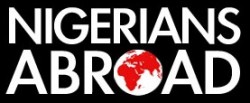


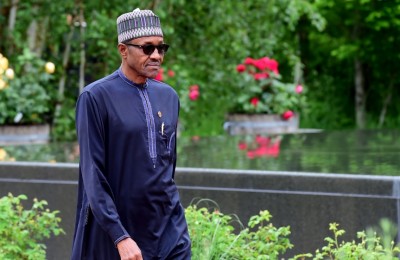
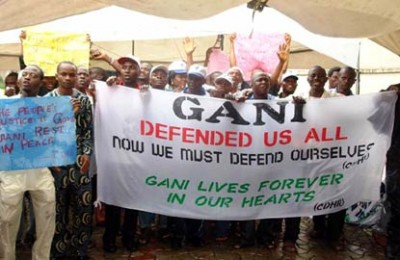
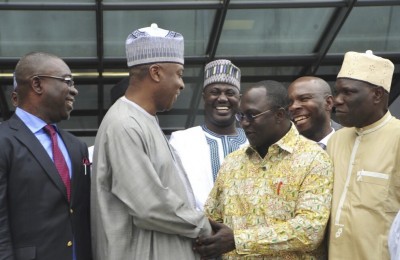



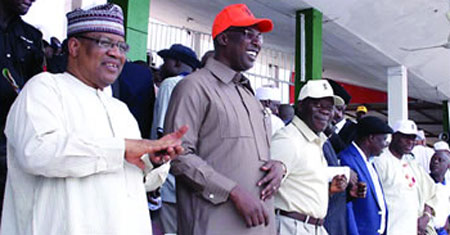





Nothing works in Nigeria and will never work based on everything that has been happening in that country. Corruption is the main problem militating against anything workable in Nigeria. Until we reduce corruption to a level which can encourage progress, nothing can work in Nigeria.
sorry my people.let`s us hope for God`s kingdom as the only solution to our collective problems.
Religious bigotry could have influenced the data. Many have been brainwashed by theSe prosperity preachers to believe in anything to hope against hope forgetting what the Book of James teaches on faith and action. Truth is Nigerians are the most depressed people in the world in a country with a riderless leadership. How can you be happy in a failed nation ?